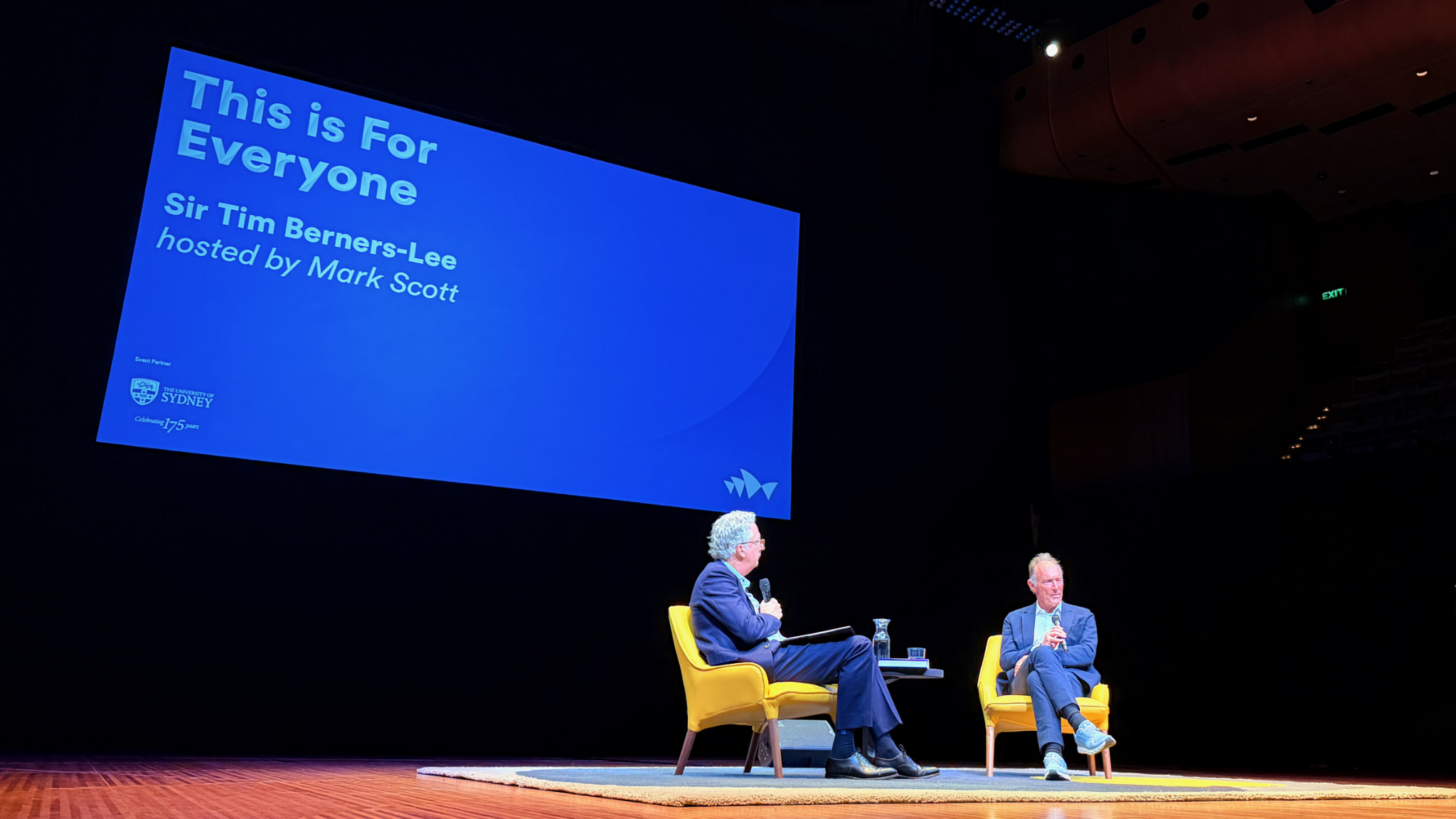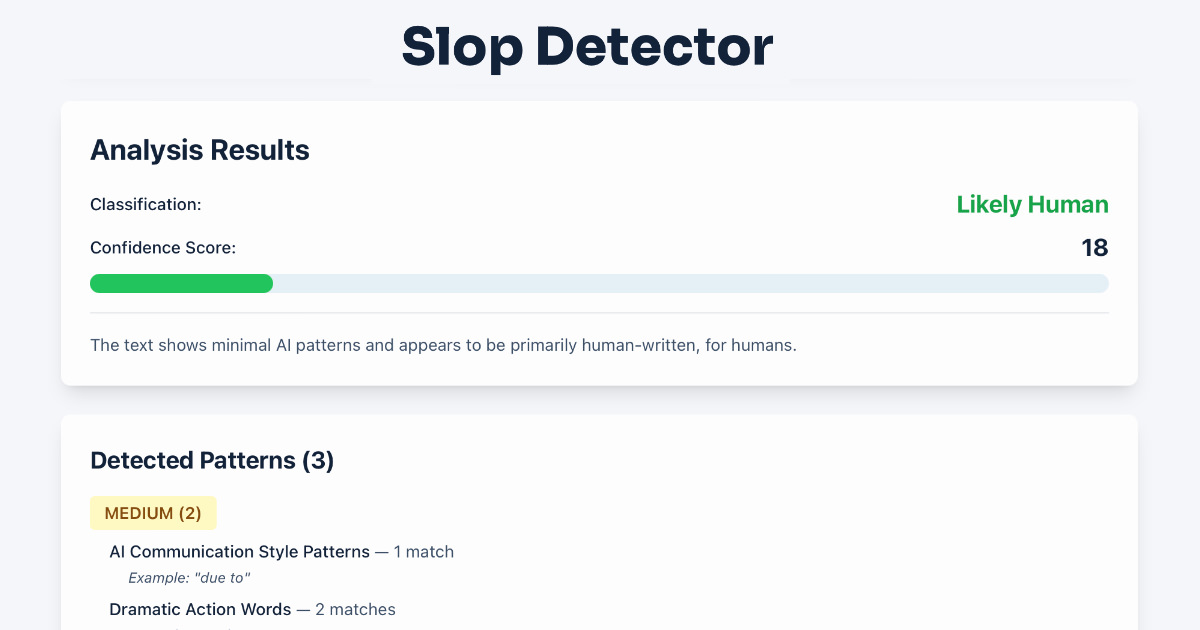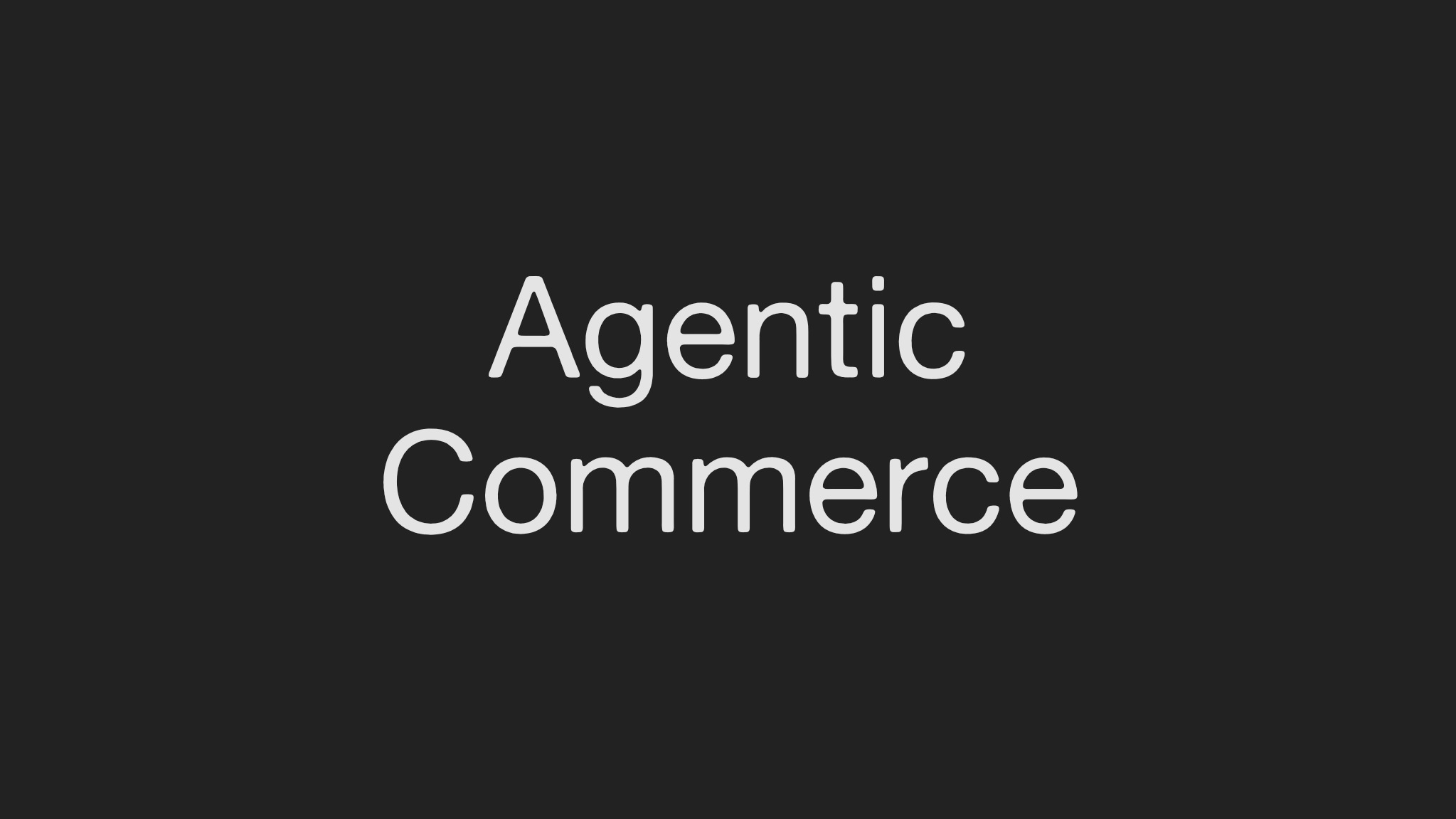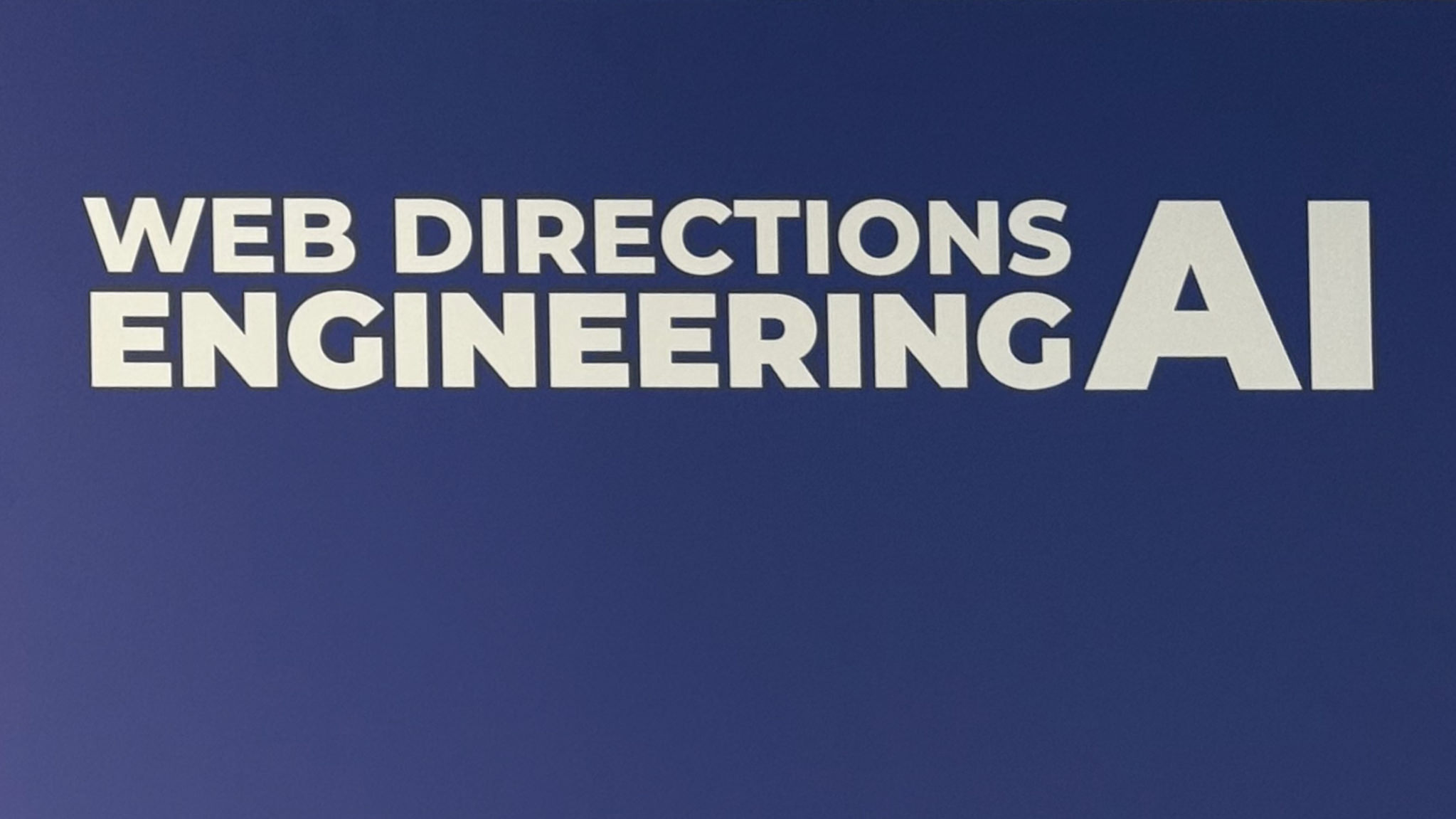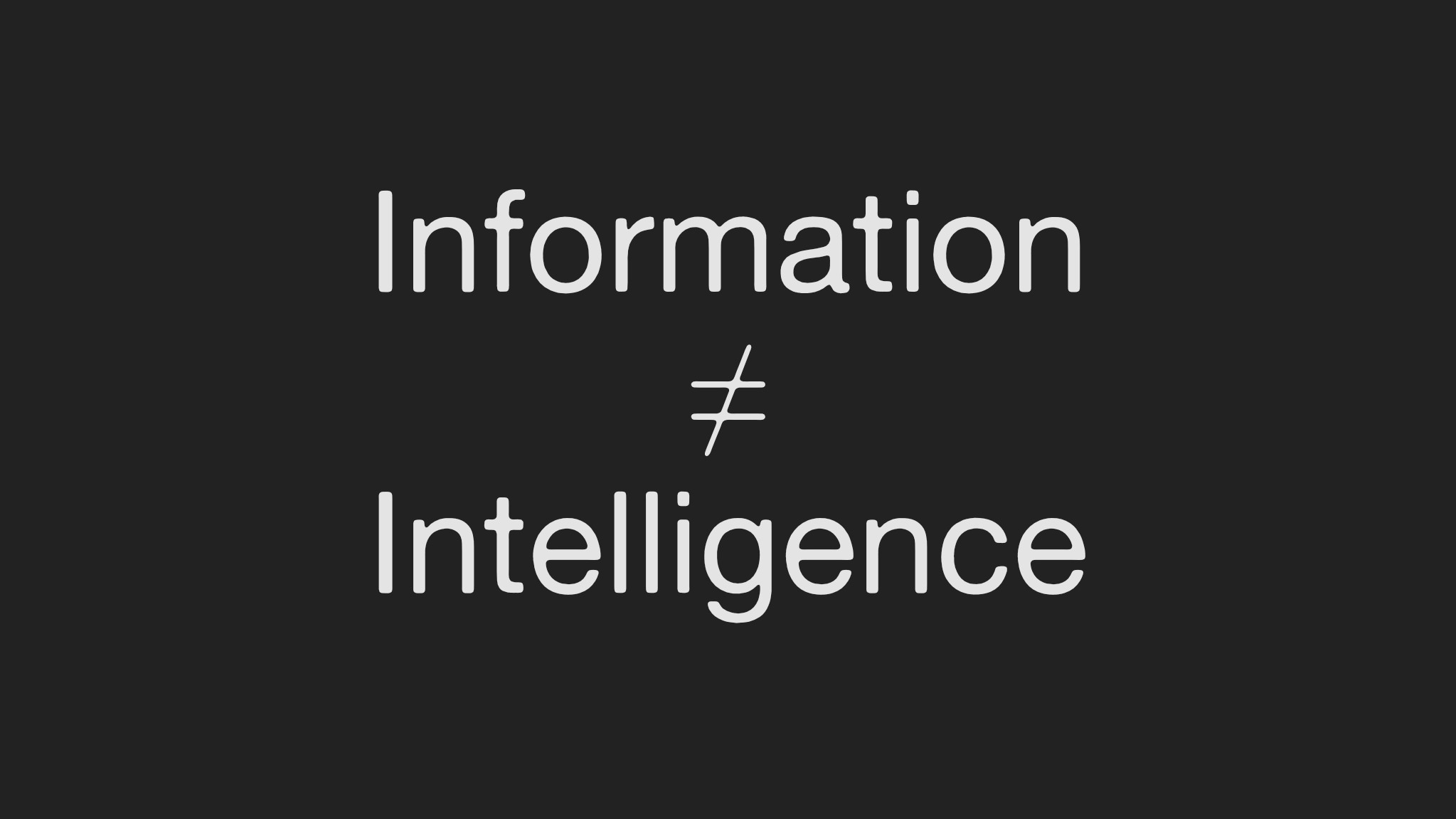Web Directions Engineering AI
Date: September 12, 2025
7 provocations on the future of AI in engineering
The AI moment in software engineering is usually framed in glowing terms: faster code, more productivity, fewer bottlenecks. Tools are pitched as copilots, assistants, accelerators, to help developers focus on higher-value work.
But at Web Directions Engineering AI in Sydney, speakers offered a set of insights that were less about hype and more about friction: the hidden costs, the unexpected consequences, the ways AI is reshaping not only how we code, but how we think. The themes that emerged point to shifts in how engineers think, how they work, and how their roles are defined.
⸻
1. AI as a catalyst for cognitive decline
Dave Berner presented results from a study at MIT and Harvard showing that students using ChatGPT displayed 47% less brain activity and often could not recall their own generated work minutes later. He warned that reliance on AI can erode problem-solving skills and create a monoculture of approaches. Engineers who allow tools to dictate solutions risk losing the ability to reason independently.
⸻
2. the myth of AI productivity
Apurva Misra examined claims that AI dramatically accelerates development. METR findings showed the opposite in many cases: developers often felt faster but spent extra time reviewing and cleaning outputs. Context-switching between code and AI suggestions slowed progress further. Productivity gains were smaller than expected, and sometimes reversed entirely.
⸻
3. humans reduced to grunt work
Mic Neale described the “reverse centaur problem,” where AI generates creative or strategic work while people are left with debugging, corrections, and approvals. Instead of augmenting human intelligence, this pattern risks inverting the relationship: machines lead, humans follow. The work that remains for engineers may be the least rewarding.
⸻
4. AI as a gatekeeper for employment
Geoffrey Huntley pointed out that several companies, including Gumroad and Shopify, now require AI fluency for hiring. In this context, learning to work with AI is not optional. Engineers who resist may simply find themselves excluded from opportunities. The adoption curve is steepening, and career prospects are being shaped by how quickly individuals adapt.
⸻
5. the death of developer identity
Huntley also argued that identity markers like “Java developer” or “frontend engineer” are losing relevance. If AI can generate code in any language, then syntax knowledge is less valuable. What matters is the ability to evaluate and direct. Taste, judgment, and creativity become the scarce skills. Language tribes that once defined professional identity are dissolving.
⸻
6. engineers as agent herders
Andrew Fisher compared coding agents to “super-intelligent goldfish with the lifespan of a fruit fly”. Engineers will spend less time writing code and more time coordinating agents that handle fragments of work. The role shifts toward orchestration, requiring careful guardrails and clear instructions. The engineering skillset expands toward planning and integration rather than syntax mastery.
⸻
7. AI as a weapon of intra-human competition
Huntley reframed the automation debate by noting that the real competition is between humans using AI and those who do not. Workers who integrate AI can double their output, setting new expectations across teams. The divide is not between humans and machines but between adopters and laggards. Engineers who embrace AI increase leverage; those who do not risk falling behind.
“I see dead people.”
– Geoffrey Huntley, as he looks around the conference room…
⸻
engineering on the edge
The conference talks described AI not as a tool that neatly accelerates existing practices, but as a force that redefines them. Cognitive decline, fragile productivity, altered identities, and shifting career baselines are all part of the same pattern. Engineering is moving toward a future where (human) judgment, discernment, and the ability to orchestrate agents matter more than direct code production. The open question is how individuals and teams will adapt as these pressures grow.
